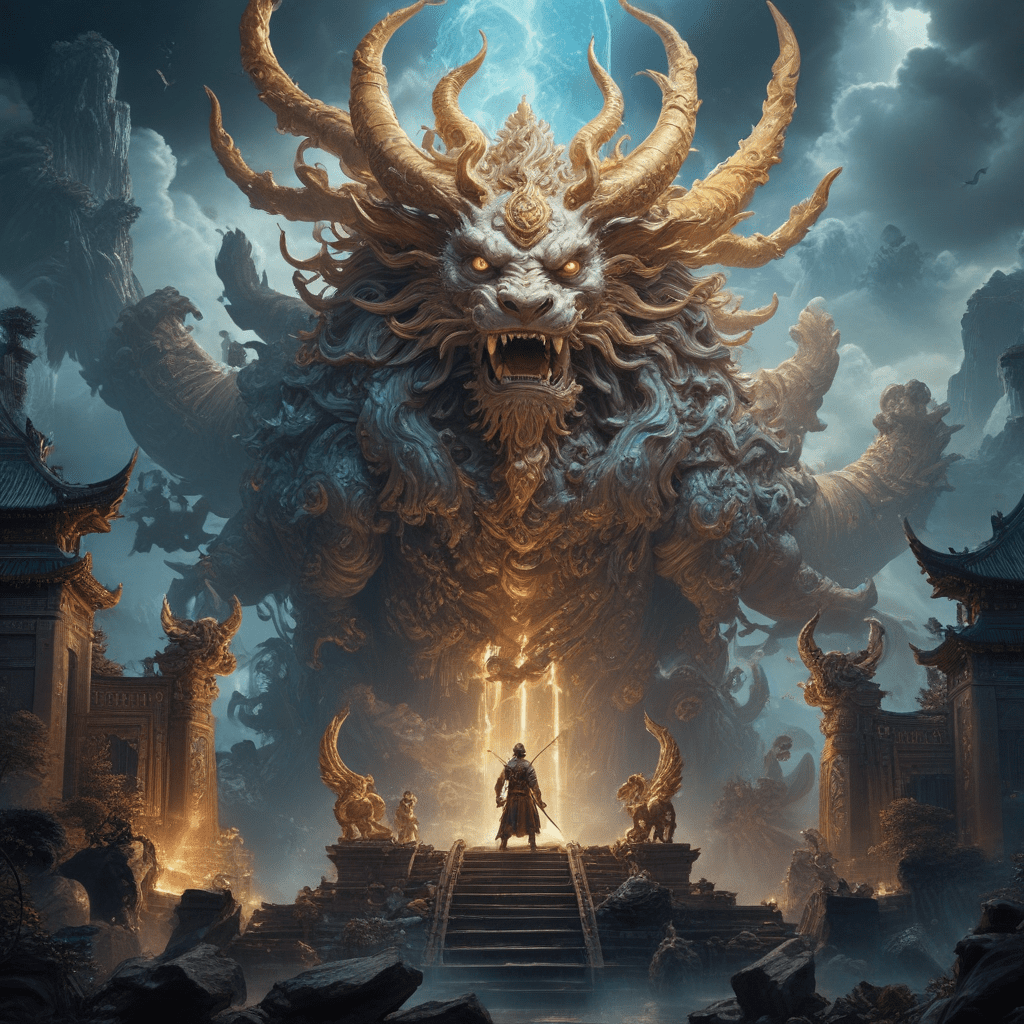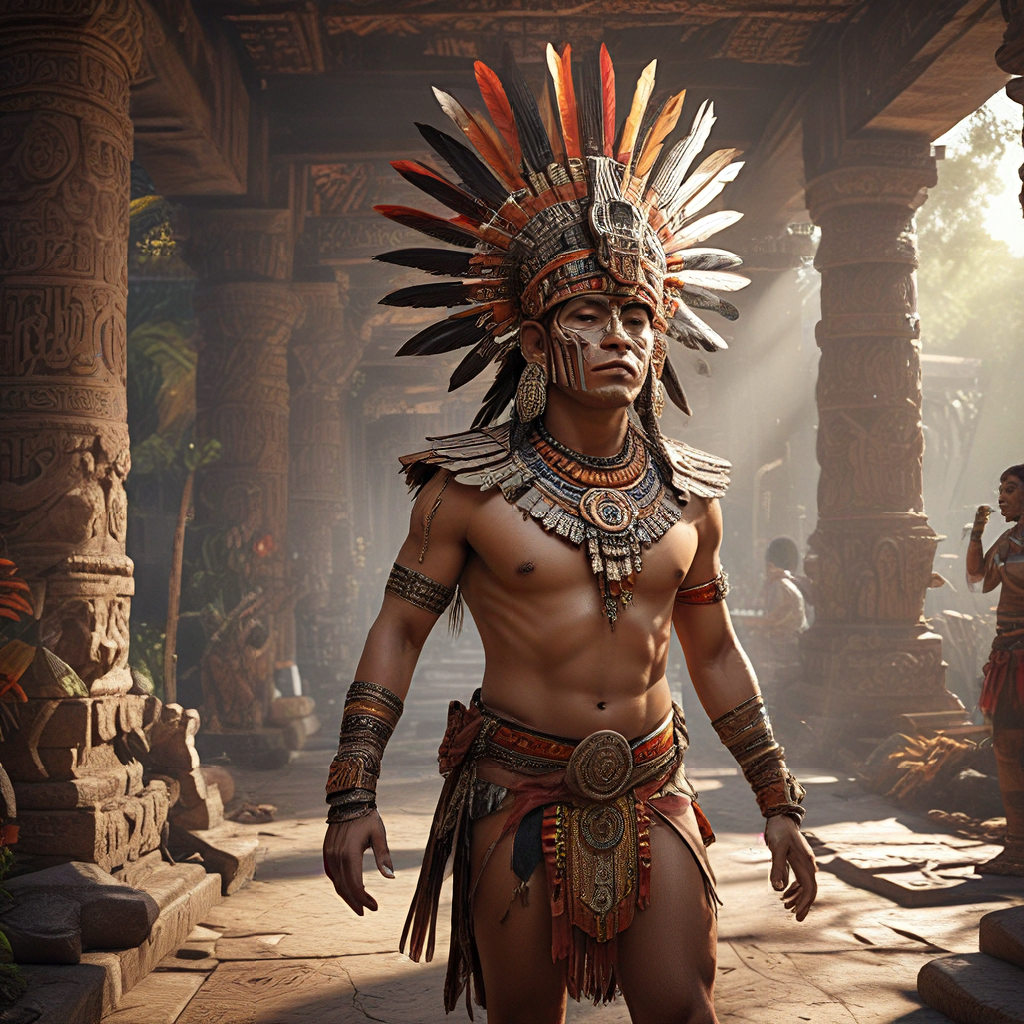Chinese Mythological Cosmology: Heaven, Earth, and Underworld
I. The Three Realms
Chinese mythology presents a rich and intricate cosmology centered around three distinct realms: Heaven, Earth, and the Underworld. Each realm possesses its unique characteristics, deities, and significance, contributing to the intricate tapestry of Chinese mythology.
II. Heaven
The celestial abode of the gods and immortals, Heaven is considered the highest and most revered realm in Chinese mythology. Governed by the Jade Emperor, the ruler of the heavens, it is believed to be a place of eternal bliss, harmony, and abundance. Celestial deities, such as the Eight Immortals and the Four Heavenly Kings, reside in Heaven, ensuring order and protection within the realm.
VI. The Underworld
Known as Diyu or Fengdu, the Underworld is the realm of the dead in Chinese mythology. Governed by Yanluo Wang (Yama in Buddhism), the underworld is divided into ten courts, each presided over by a different judge responsible for evaluating the souls of the departed. The underworld is a place of punishment and retribution, where sinners are condemned to various levels of torment for their misdeeds in life.
VII. Ten Courts of Hell
The Ten Courts of Hell, also known as the Ten Infernos, are the separate domains within the Underworld where souls undergo judgment and punishment. Each court focuses on a specific category of sin, and the punishments inflicted are tailored to reflect the severity of the crime committed. These punishments range from relatively mild forms of torture to grueling and agonizing torments designed to purify the soul before it can proceed to the next stage of existence.
VIII. The Cycle of Rebirth
According to Chinese mythology, the soul undergoes a cycle of rebirth after death. Depending on the actions and merits accumulated in previous lives, the soul may be reborn into a higher or lower realm in the next life. This cycle continues until the soul has attained enlightenment and liberation from the cycle of reincarnation. Therefore, the concept of the underworld served as a reminder of the ethical consequences associated with actions in life.
IX. Interconnections between the Realms
While the three realms of Heaven, Earth, and the Underworld are distinct entities, they are not completely isolated from one another. There are believed to be various channels of communication and connection between the realms. For example, the gods and immortals of Heaven are said to have the ability to intervene in the affairs of Earth, while the spirits of the dead in the Underworld can sometimes communicate with the living.
X. Influence on Chinese Culture and Beliefs
The Chinese mythological cosmology of Heaven, Earth, and the Underworld has had a profound influence on Chinese culture and beliefs. It has shaped religious rituals and practices and inspired numerous literary and artistic works throughout history. The concept of the Underworld and its system of punishment and rebirth has also contributed to the development of ethical and moral values within Chinese society, emphasizing the importance of righteous conduct and compassion.



